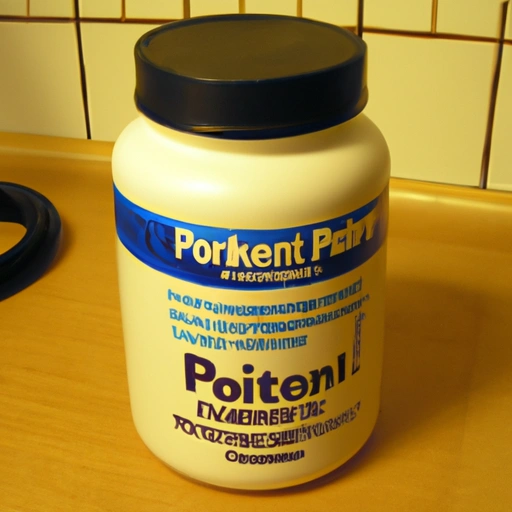Protein Powder
Description

Protein powder is a popular dietary supplement commonly derived from animal or plant sources, including whey, casein, soy, pea, rice, and hemp proteins. Available in various forms such as concentrates, isolates, and hydrolysates, protein powders are an efficient way to boost protein intake, essential for muscle repair, enzyme and hormone production, and overall health.
Common uses
Protein powders are widely used as a post-workout supplement to aid in muscle recovery and growth. They are also utilized as meal replacements or snacks for weight management and are often incorporated into the diets of individuals with increased protein requirements, such as athletes, older adults, and people recovering from illness or surgery.
Nutritional value
Calories
On average, a single scoop (28g or 1 oz) of protein powder may contain anywhere from 100 to 120 calories, depending on the type and brand.
Protein
Typically, a single scoop provides about 20 to 25 grams of protein, which is roughly equivalent to a third of the daily recommended intake for an average adult.
Fat
Protein powders usually contain minimal fat, often less than 3 grams per serving, with some varieties being almost fat-free.
Carbohydrates
Carbohydrate content can vary widely, with some powders having less than 1 gram per serving and others, particularly those intended as meal replacements, containing more.
Vitamins
While not a primary source of vitamins, some protein powders are fortified with vitamins such as B-complex, vitamin D, and others to enhance their nutritional profile.
Minerals
Many protein powders are also a good source of essential minerals, including calcium, magnesium, iron, and potassium.
Health benefits
Protein powder supports muscle repair and growth, aids in weight management by promoting satiety, and can help meet increased protein needs. It is also beneficial for the preservation of muscle mass as one ages, and can support a healthy immune system through the provision of essential amino acids.
Potential risks
Overconsumption of protein powder can lead to digestive issues, renal overload in individuals with existing kidney conditions, and potential nutrient imbalances. It's important to use these supplements in moderation and as part of a balanced diet.
Common recipes
Protein powder is versatile in recipes such as smoothies, protein bars, pancakes, and baked goods. It can also be added to oatmeal or yogurt for a protein boost.
Cooking methods
Protein powder can be incorporated into both cold and warm dishes but should not be exposed to prolonged high heat to preserve its nutritional value.
Pairing with other ingredients
It pairs well with fruits, nuts, seeds, and dairy or non-dairy milk alternatives. Flavorful spices like cinnamon and cocoa powder also complement its taste.
Summary
Protein powder is a highly adaptable ingredient suitable for a variety of dietary needs and culinary preferences. Its ability to enhance protein intake makes it an invaluable supplement for those looking to improve their health, fitness, and overall well-being.